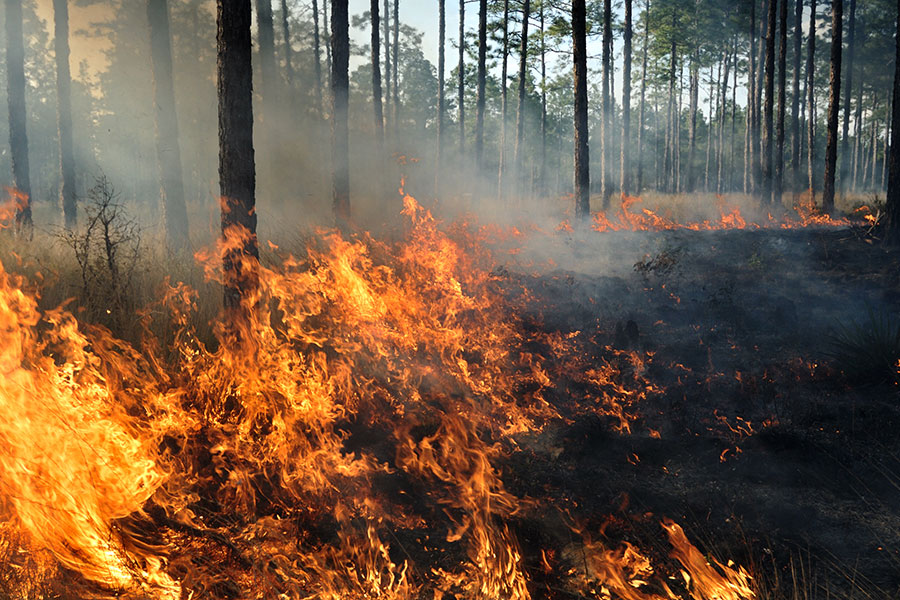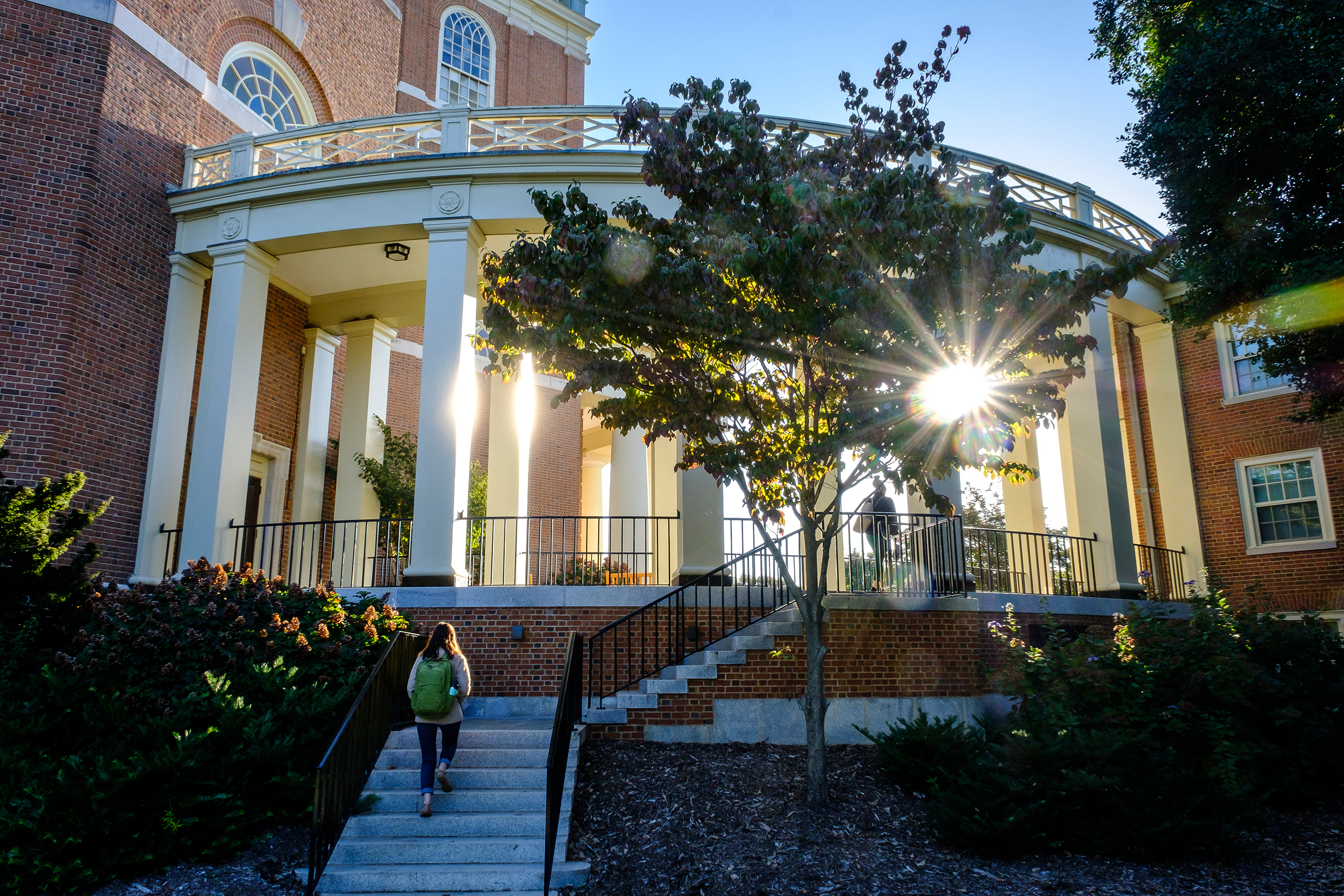WFU freshmen focus on politics, presidential election
Many colleges and universities ask incoming students to read a selected book during the summer or watch a particular movie to prepare for discussions during orientation. Instead of a reading assignment, Wake Forest University students have been asked to closely follow the 2004 presidential race before arriving on campus Aug. 18.
As part of the program “Speaking of Politics …,” incoming students have been asked to pay attention to the issues surrounding the presidential election and be prepared for a panel discussion on Aug. 21, their fourth full day on campus. The students will take part in a small group discussion about the election with their academic advisers on Aug. 22. The program is designed to teach students that college is a place to think about important issues and to demonstrate to freshmen that there are ways to deliberate about politics that are civil and respectful of differences, said Katy Harriger, political science professor and an organizer of the program.
“The things that are said to students during their first few days on campus set the stage for what kind of place the university is going to be,” Harriger said. “This is a very powerful message that we are sending. I see this as very positive because we are telling students that this matters, this election matters and it is important.”
For the past three years, Harriger has been working with Jill McMillan, a Wake Forest communication professor, on Democracy Fellows, a research project that looks at the effects of public deliberation on college students. As part of their research, McMillan and Harriger have been working with a group of nearly 30 students, all seniors this year, since they were freshmen to study the impact of politics on college-aged students. The Democracy Fellows have dealt with issues of community building on college campuses and sponsored a public deliberation on the issue of urban sprawl in the local community. The students have been asked to participate with this year’s program for incoming students.
During the Saturday afternoon panel discussion, incoming students will listen to Harriger and McMillan discuss the challenges to talking about politics in a civil manner. The two will also talk about the current state of civil discourse in American politics and the impact of argument and conflict on the willingness of college-aged students to get involved in politics. Three members of the Democracy Fellows will discuss their choices for president and demonstrate how to have an open discussion about politics without ripping the other person apart, Harriger said. A question-and-answer session will follow the discussion.
“We are finding that lots of students care about the problems of the world, but this generation is much more inclined to think that the solution is in service,” Harriger said. “They are involved in civic engagement, but it’s not political. That is what’s interesting about this generation, how much they dislike politics in the traditional sense.”
Freshman students will also have a chance to talk about the presidential election and their experiences at the panel discussion on Aug. 22 when they meet in small groups with their academic advisers. Traditionally, incoming students meet at the home of their adviser for dinner the Sunday night after they arrive on campus. Student advisers lead an after dinner discussion for the new students.
Perry Patterson, professor of economics and chair of the university’s orientation committee, said the timing of the election and Harriger and McMillan’s research in the area of college students and politics offered the orientation committee an opportunity to provide a timely program for first-year students. In previous years, the university has asked incoming students to do things like read a selected book or read a collection of essays by graduating seniors.
“Every year we attempt to find material that will sufficiently engage students,” Patterson said. “We want them to have something potentially strong to say about the topic. The thing that I think this year’s experience is going to be really good about is building some communication skills for those kinds of hot button topics that would confront them throughout their lives.”



